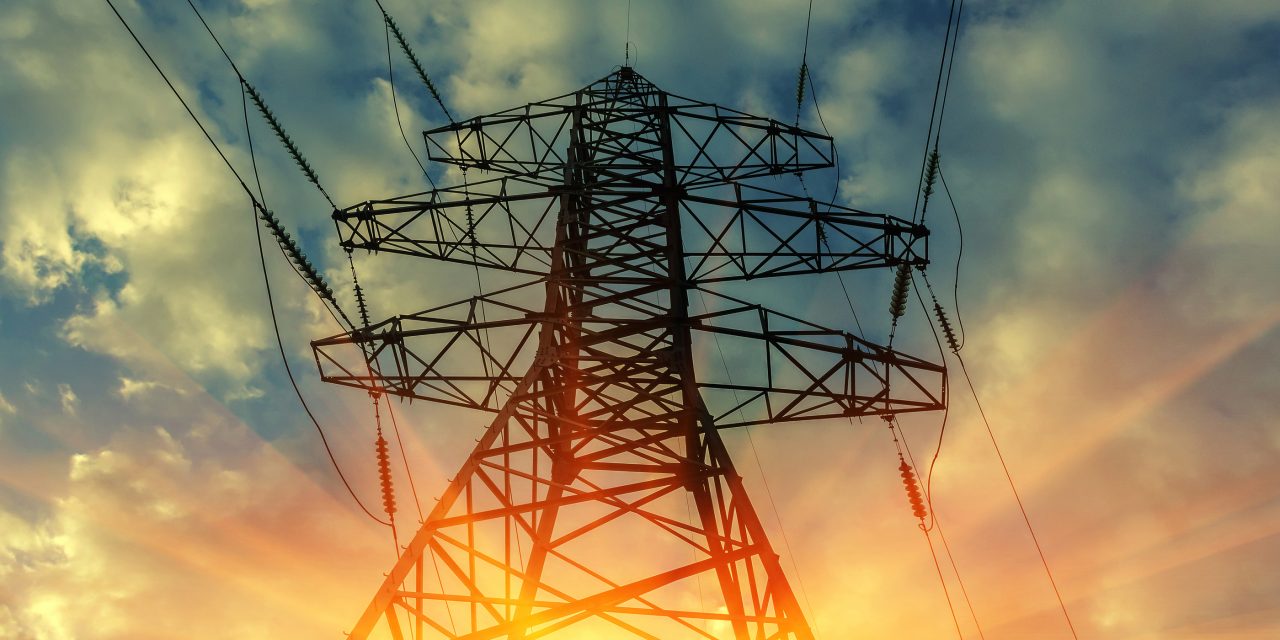Background
In 2014, Texas-based Clean Line Energy Partners proposed construction of the Grain Belt Express (GBE) high voltage, direct current (HVDC) transmission line to transmit wind power from Kansas to Indiana. In Missouri, the proposed route would traverse Buchanan, Clinton, Caldwell, Carroll, Chariton, Randolph, Monroe and Ralls counties. In proceedings conducted by the Missouri Public Service Commission (PSC), MOFB participated as an intervenor in opposition to granting the power of eminent domain.
In 2015, the PSC denied Clean Line’s application to proceed with GBE. However, in 2016 Clean Line reapplied. MOFB participated again as an intervenor in the PSC proceeding. In 2017, the PSC contended that a Missouri appellate court ruling in a related case compelled them to deny the second application.
A contradictory ruling in 2018 by another Missouri appellate court brought the issue before the Missouri Supreme Court, which determined the PSC had misapplied the law, and directed it to reconsider. In 2019, the PSC reversed its decision, granting the use of eminent domain for the project and denied requests by MOFB and landowners for it to reconsider. In 2020, the Missouri Supreme Court refused to take up MOFB’s appeal of the PSC’s decision.
Status
In 2022, MOFB led the charge to pass HB 2005, which was signed into law by Gov. Mike Parson. Among the primary components of this legislation: prohibiting merchant transmission lines from using eminent domain unless the line can deliver electricity to a number of customers that is greater than or equal to the number of line miles in the state; return of involuntary easements to landowners within 60 days if the line is not constructed within seven years; fair market value in condemnation cases of 150 percent; and the appointment of a farmer located in the same county of the condemnation to be named to a panel of disinterested commissioner in determining damages owed.
As this legislation is not retroactive, GBE is proceeding with construction of its HVDC line. In addition, just days before HB 2005 went into effect, in late August 2022, GBE announced the addition of its “Tiger Connector” alternating current (AC) line to span Monroe, Audrain and Callaway Counties. After MOFB and other agriculture groups took them to task, GBE promised to abide by the fair market value provisions of HB 2005.
During this time, GBE filed with the PSC to amend its existing certificate of convenience and necessity (CCN), arguing the Tiger Connector project is part of its existing HVDC line and not a new project. MOFB and other agriculture groups disagreed, and were granted intervenor status in the current case before the PSC.
MOFB Policy
We urge the Missouri Public Service Commission to thoroughly review any request for utility status.
We urge the Public Service Commission to deny authorization to exercise eminent domain power for any transmission line proposed by private, out-of-state entities that do not serve Missouri customers.
With increasing demand for electricity and regulatory pressure to build new infrastructure for renewable energy, we support stronger statutory and legal protections for landowners in negotiations pertaining to siting, compensation and related considerations.
We support Missouri strengthening state statutes to adopt an Agriculture Impact Mitigation Agreement (AIMA) program to better protect landowners subject to utility projects that impact agricultural land, and help restore land to pre-construction conditions.


